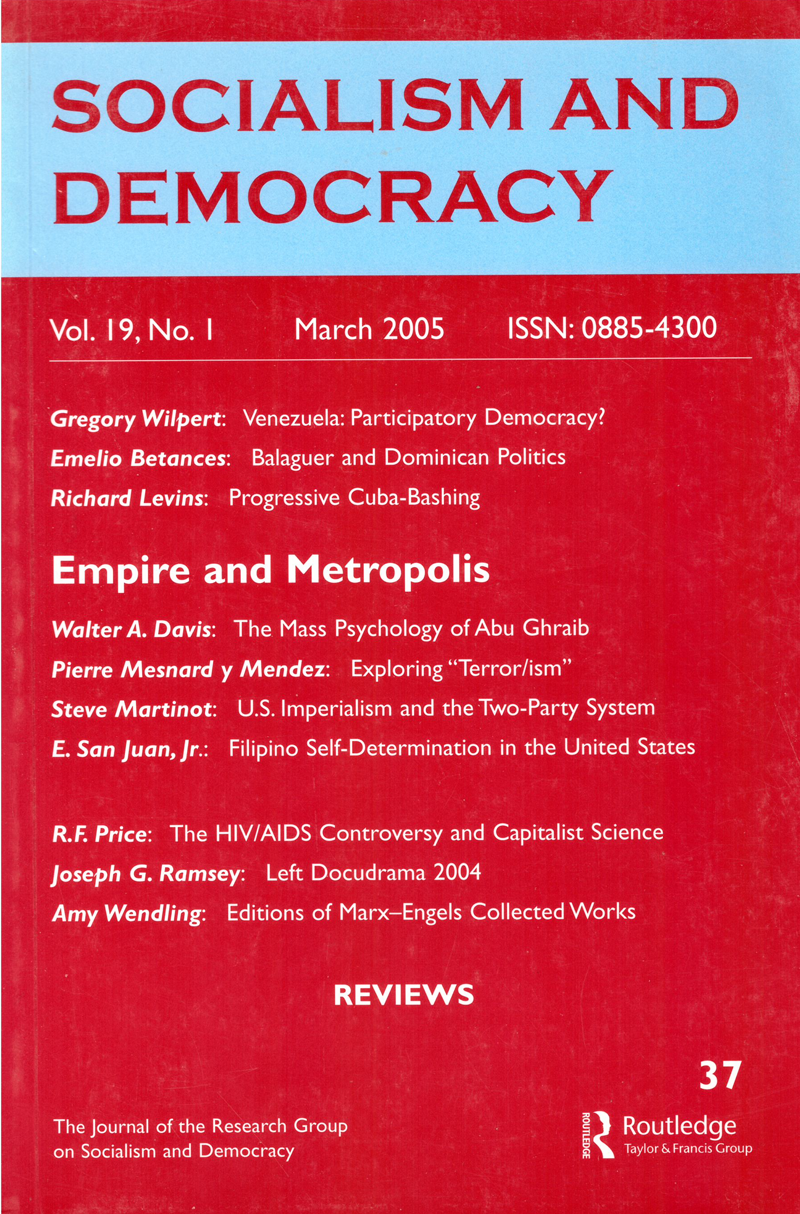Irwin Silber, Press Box Red: The Story of Lester Rodney, the Communist Sportswriter Who Helped Break the Color Line in American Sports. Foreword by Jules Tygiel. Philadelphia: Temple University Press, 2003.
Twenty years ago, on a nationwide ramble interviewing oldtime radicals for the Oral History of the American Left project that I' d launched at Tamiment Library (New York University), I met quite an assortment of aging rank-and-file heroes and heroines, odd ducks, editors (of newspapers in a half-dozen languages), cultural organizers and the occasional bloated egotist. None were more fascinating to me than Lester Rodney, then a lithe figure in his seventies still said to be a terror on the tennis court. He had vivid memories with a peculiar appeal to me (but not only me) as a boyhood baseball fan who played sick during the World Series just to listen to the games on the radio. Listening to Rodney' s recollections, I felt like I was re-entering childhood, my own (and only) Golden Age of Sports.
Rodney had written the most popular columns of the Daily Worker at its height, from the mid-1930s to the late 1950s, and they naturally concerned those central interests to working-class readers: how the athletes played, who won, and why. No doubt there were summer days when world events took precedence even for Dodger fans. And the comics page of the Worker got pretty good for a while, too. But Rodney was the sports writer par excellence, and like that period' s great leftwing dramatist (Clifford Odets), screenwriter (Ring Lardner, Jr., among others) or songster (Woody Guthrie at the top of a long list), Rodney was not only a pleasure to read, see or listen to, but a source of reader pride among leftwingers, just for being himself. He put a decidedly human face upon a sometimes dour movement.
This is an exceptionally well-told tale, as close to an oral history as any biography is likely to be, with lots of Q&A scattered within each chapter. The anecdotes are perfectly fabulous, from the CCNY basketball teams of the middle 1930s with the progressive coach Nat Holman (they didn' t have tall players, but they had teamwork, more than a little like a vision of how early CIO unions operated, and what socialism could do in an imagined future), or with 'Red' Rolfe in the World Series, or with Joe Louis in his training camp (he befriended Rodney as one of the few really knowledgeable and anti-racist sportswriters). Not to mention Rodney' s precious moments with those unforgettable, interracial Dodgers, Jackie Robinson in particular. There are so many anecdotes of sports, race, culture and politics along the way that any effort to summarize them would be almost criminal. But readers will be more than amply rewarded for their effort. In an age where sports scholarship has finally begun to appear alongside the usual journalismsome of it good, some of it terribleRodney still has more to say than any dozen volumes.
Rodney' s exit from the Daily Worker and the Communist Party, in 1958, offers a lamentable postscript, but not one of disillusion in either sports or socialism. The adept journalist became, of all things, the Religion editor of the Long Beach Independent Press Telegram. There he remained until retirement, commenting on the political controversies of the day despite continued FBI harassment.
I like to think that my interview with Rodney somehow stirred the pot for Rodney and for author Irwin Silber, whose early days at Sing Out! could be viewed as a kind of preparation for telling this story. But in truth the pot was self-stirring. This is a deftly fashioned narrative that virtually tells itself, one that needs to be told, the beating heart of a working-class Left that seems otherwise to have been forgotten.
Reviewed by Paul Buhle
author, From the Lower East Side to Hollywood: Jews in American Popular Culture

